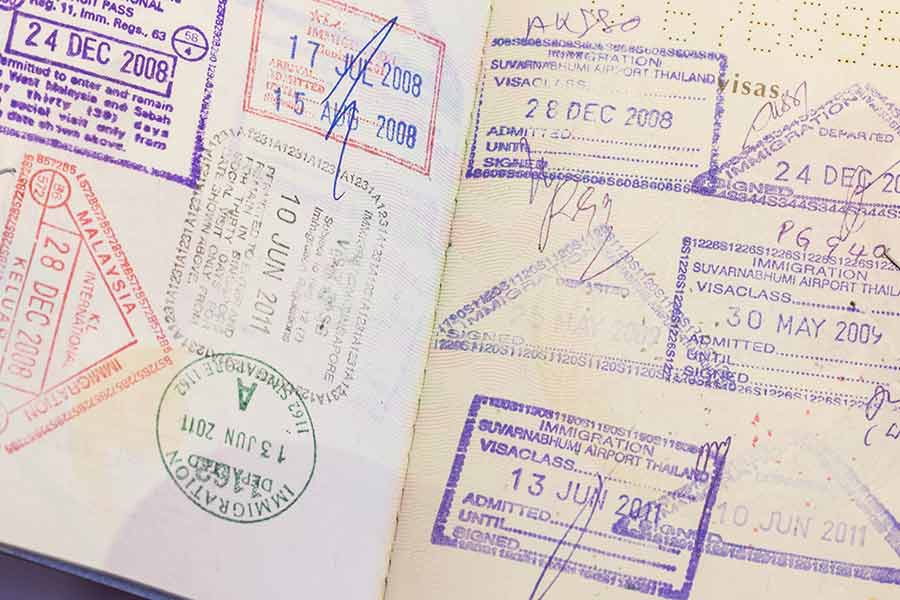Some people make a decision to give up United States citizenship in an effort to avoid US tax obligations. Ending US citizenship is simple – just need to announce it formally and surrender passport; but the wealthier you are, the more expensive this strategy becomes. In June of 2008, the Heroes Earnings Assistance and Relief Tax Act (HEART) became a law, and required an exit tax to individuals giving up US citizenship.
Tax Consequences of Expatriation
If you give up US citizenship, whether you were a long term US permanent resident with a green card for at least 8 of the last 15 years or a US citizen choosing to expatriate, you are subject to exit tax if any of the following apply to your situation:
- Net worth greater than $2 million (including value of all property subject to gift tax or use rights)
- Average net US income tax liability greater than $151,000 in 2012 ($145,000 for 2009 & 2012, $147,000 for 2011) for 5 years leading up to expatriation date
- Unable to certify during the last 5 years that you complied with US federal tax obligations
Exceptions to Exit Tax Laws
Some individuals are exempt from the exit tax of expatriation, including:
- People who have not lived in the United States for more than ten years during the last 15 years;
- Individuals who are dual nationals from their birth;
- Individuals younger than 18 ½ years old who have not lived in the US more than ten years
What Happens When You Renounce US Citizenship
The IRS will consider all of your assets worldwide at their fair market value according to the day prior to expatriation – even if you haven’t sold them. You will be taxed on the amount of the deemed sale, (again, even if nothing has been sold) which is the equivalent of having immediate capital gains realization on your assets, also called a “mark to market tax”.
If the calculation of your assets does not exceed $651,000 (2012 amount adjusted for inflation) – you will not owe an exit tax. All gains greater than $651,000 will be taxed. The payments for these taxes are due within 90 days after renouncing citizenship.
Leaving the US without Paying the Exit Tax
Some people may try to leave the country without paying their exit tax, headed for foreign countries with less tax regimes like an island on the Caribbean. Leaving doesn’t allow you to escape the IRS. If you leave any assets behind, the IRS will recover any tax liabilities from them – including a 401(k) plan or IRA that would be exempt from most other tax collection efforts. Additionally, if you leave assets to a beneficiary in the United States, they will face the highest estate or gift tax, and you will lose the $1 million exemption from gift tax and the $3.5 million exemption from estate tax. Trying to leave the country without paying exit tax is generally not advised as it will catch up to you at some point, and generally be more expensive than just paying the exit tax when you leave.
Reducing Exit Taxes
There are some tax-compliant strategies that can reduce your exit tax liabilities, such as exchanging assets for a foreign deferred variable annuity policy equal to the value of your assets. The annuity then owns the assets so any future appreciation is not taxable to you; as an annuity policy is not an appreciated asset. Exchanging assets for a foreign deferred variable annuity policy prevents them from being taxable when you expatriate.



Leave a Reply
You must be logged in to post a comment.